You follow children across their lifetime, and although this growth may be slow, it’s forward. At the end of the day, you end up being a part of their family.
Dr. Mary Leppert
That was one of the key takeaways from Caring for Children with Disabilities, a session hosted by the Career Lab at Johns Hopkins School of Nursing. Panelists Mary Leppert, MB BCh, Julie Pertman, MSN, RN, CPNP, PMHS, and Laura McNabb, BSN, RN discussed the state of neurodevelopmental disabilities in children in the U.S., the breadth of types of disabilities in the pediatric population, and the difference in caring for children with disabilities from the MD, NP, and RN perspectives.
People with a JHED login can watch the recording of Caring for Children with Disabilities on Handshake.
Fast facts about the demand for caregivers to care for children with disabilities:
- There is a rising prevalence of developmental, behavioral, and mental health disorders in children in the U.S., a shortage of pediatric subspecialists, and primary care pediatricians are underprepared to meet the needs of this population.
- Here’s a snapshot of demand:
- 11-20 percent of American children have a behavior or emotional disorder
- 17 percent of American children have a disability
- 45 percent of U.S. children experience at least one ACE (adverse childhood experience)
- 30-40 percent of children with developmental disabilities have co-occurring behavioral and emotional disorders
- The subspecialty workforce is in high demand:
- Child/Adolescent Psychiatrist 1:900-1,800 compared to children with behavioral or mental health disorders
- Child Neurologist 1: 2,500 compared to children with a disability
- Neurodevelopmental Disability (ABPN/ABP) and Developmental and Behavioral Pediatricians 1: 10,000 compared to children with a disability
Takeaways from the panelists:
It’s a lot of “Sherlock Holmes-ing.” Every case is a new puzzle, you have to go through this big differential and come to some kind of conclusion, and it’s a very rewarding exercise. Rewarding as a clinician, and rewarding for the parents and child, although not always easy.
– Dr. Mary Leppert
As a nurse coordinator I work with families at the clinic and coordinate care outside of the hospital. They often have a lot of comorbidities, so they need different kinds of support. So the nurse coordinator helps to help facilitate that, especially coordinating between their education, the school system, insurance, therapy, and social work.
– Laura McNabb
Whether you come into neurodevelopmental disabilities intentionally, serendipitously, or through discernment, the greatest statement is that when you’re in, I don’t know anyone who leaves it. The rewards so outweigh the challenges.
- Dr. Mary Leppert
Meet the panelists:
- Dr. Mary Leppert, MB BCh, is a neurodevelopmental pediatrician at the Kennedy Krieger Institute and an Associate Professor of Pediatrics at Johns Hopkins. Her work focuses on early identification of developmental and behavioral disorders, and educational models for disseminating information on early identification.
- Julie Pertman, MSN, RN, CPNP, PMHS, is a Pediatric Nurse Practitioner in the Center for Development and Learning at the Kennedy Krieger Institute. Her work focuses on evaluation, identification, and treatment of children with behavioral and developmental disorders.
- Laura McNabb, BSN, RN, is a developmental pediatric nurse in the Center for Development and Learning at the Kennedy Krieger Institute. As an outpatient nurse coordinator, Laura provides both clinical care and patient care coordination.

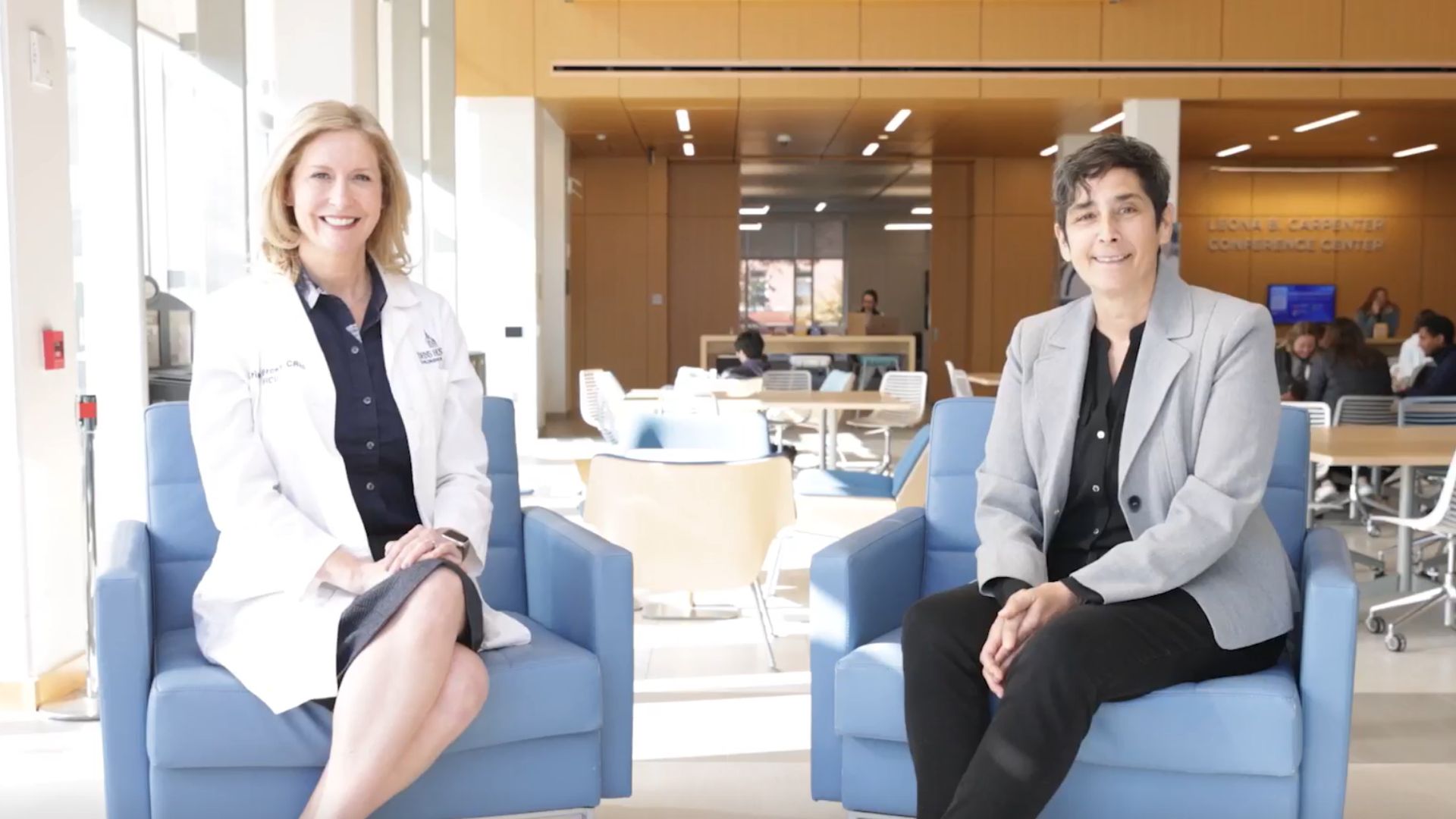 From Health at Home to ICU, Pediatric Nurse Practitioners Talk About the Care Continuum
From Health at Home to ICU, Pediatric Nurse Practitioners Talk About the Care Continuum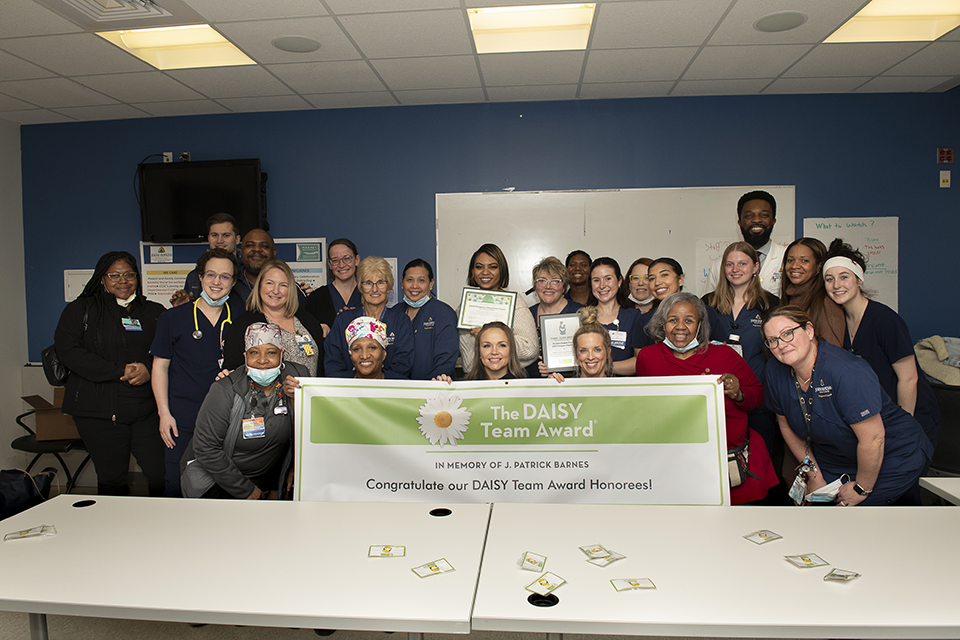 DAISY Awards Spring 2023
DAISY Awards Spring 2023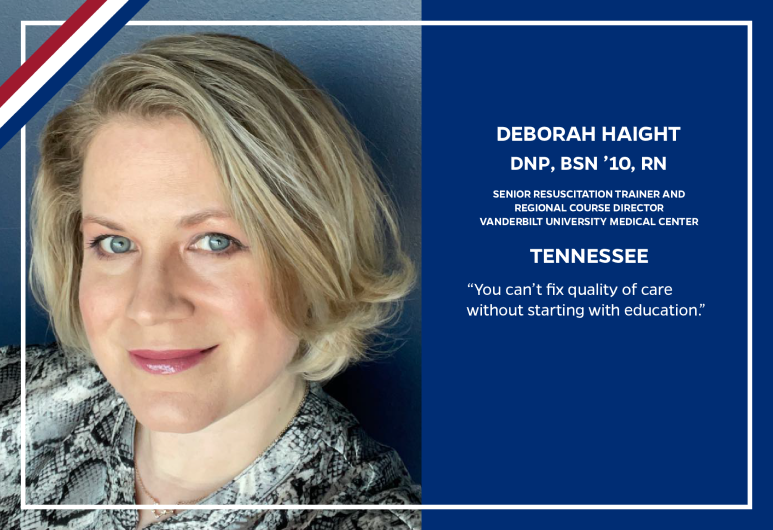 An Engineer’s Approach to Nursing
An Engineer’s Approach to Nursing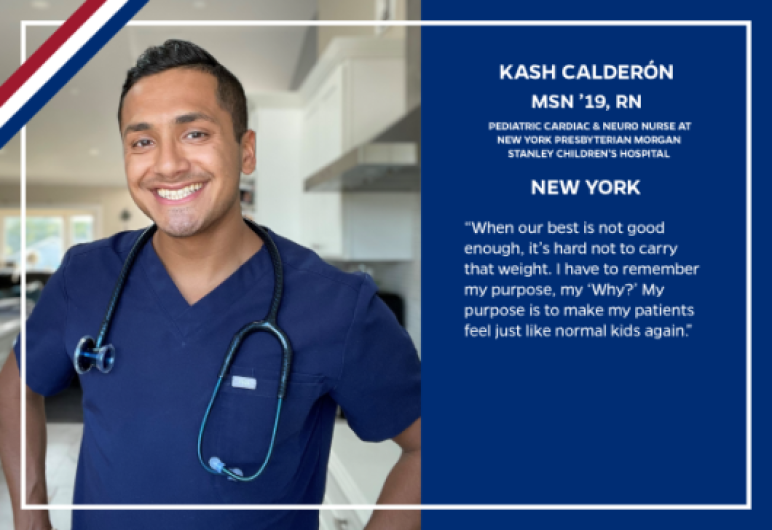 A Web of Positivity
A Web of Positivity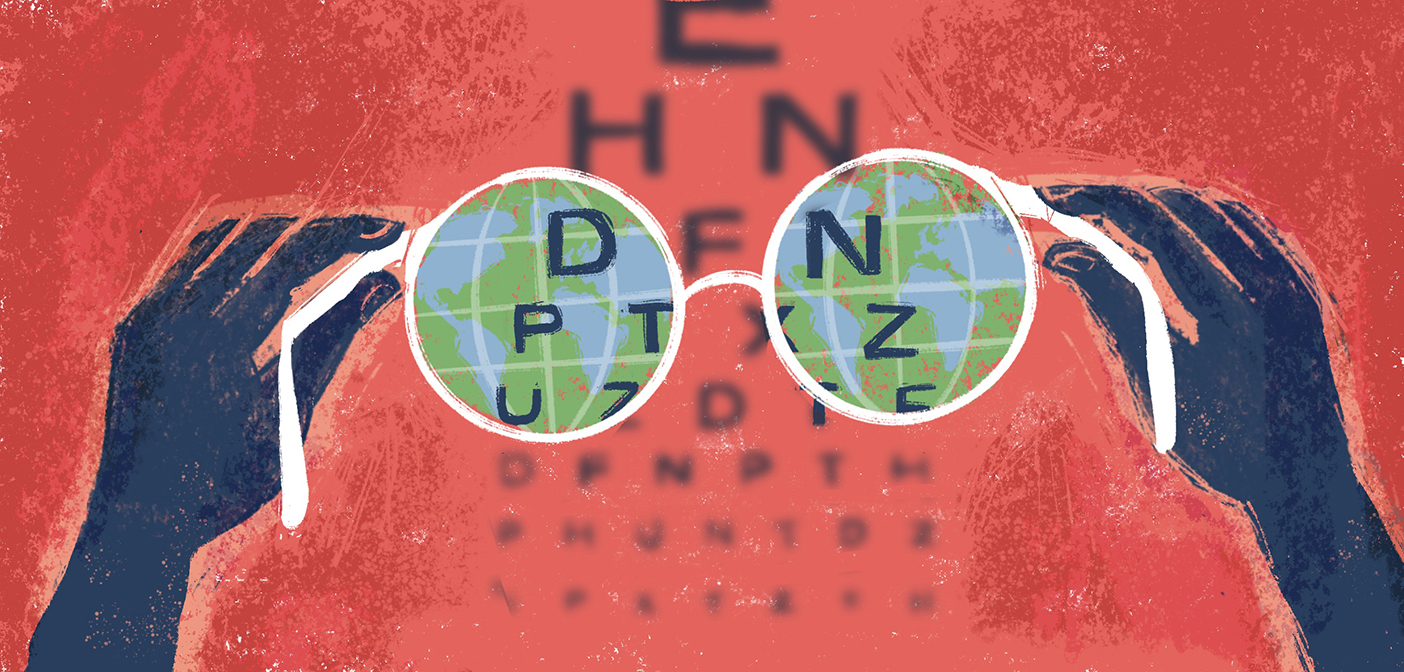 Vision for the Future
Vision for the Future







